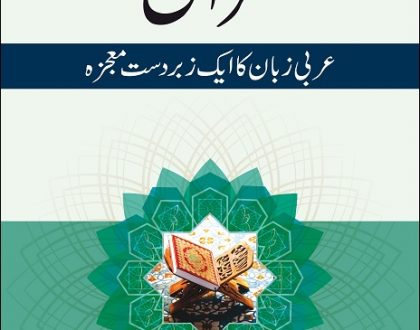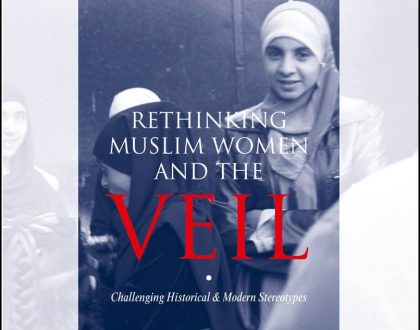Culturally Responsive Research

By: Dr. Cynthia Miller-Idriss, Senior Researcher
July 2019
The Advancing Education in Muslim Societies (AEMS) project aims to create culturally-responsive research methods, design and publication processes. This is a significant gap in the field of international and comparative education, where large-scale research often does not account for the embeddedness of learning contexts in local cultural practices. Our experience shows there are concrete steps that research teams can take to be more culturally-responsive in their research.
First, culturally-responsive research requires building deliberately-diverse research teams and reflect at length, openly and in private conversations, about the potential cultural-sensitivity or problematic nature of constructs, measures, research methods and approaches. In our case, it was particularly important to have researchers with deep roots—through birth or citizenship, ethnic origin or long engagements—in a variety of national settings.
Second, authentic cultural responsiveness means that principal investigators and researchers must work with local communities at all stages of the research. At a minimum, researchers should send instruments to local community members in order to solicit feedback, pre-test measures, and pilot test questionnaires. Research teams should draw on the expertise of their diverse research teams and the local feedback to refine constructs and measures in culturally-responsive ways.
In cross-national studies requiring the approval of local religious leadership—as is the case in some Muslim majority countries, it is also important to consult and communicate with local elders and respected community members. For our study, we sent measures to a group of religious scholars overseas to elicit feedback and see how our focal constructs of empathy, forgiveness, moral reasoning and community-mindedness aligned with their understandings of Quranic values and teachings. Creating authentic and sensitive measurements also required attending to the geopolitical conditions in each of the countries. In some places, we undertook a thorough review of survey instruments with our research teams overseas and removed items that would be problematic in local contexts.
Finally, being culturally-responsive researchers requires that researchers try to invest in local capacity by hiring local researchers and providing meaningful training. We also involved these local researchers in the dissemination of the results through academic presentations findings and interpretation and the publication of the results and research recommendations. Some scholars may worry that being culturally-responsive will mean researchers need to change what they are doing to satisfy locals. This has not been our experience. On the contrary—not only was the substantive feedback useful as we aligned our measures to be more locally meaningful, but the diplomatic exercise helped ensure the goodwill of the larger community toward our study. Committing to culturally-responsive research takes time, and it can be expensive. It demands good will, commitment, and thoughtful, time-consuming reflection. Funders should support the extra time and resources it requires—not only because it is ethically preferable, but also because it will produce more meaningful results that accurately reflect real issues on the ground. If we fail, we will continue to miss tremendous local frameworks that might help us understand social issues in a different way.



